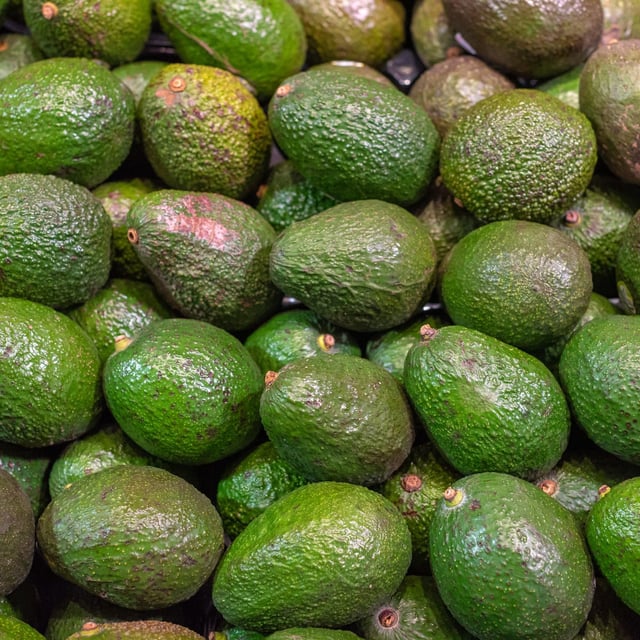Overview
- The POTCAST randomized trial in Denmark enrolled about 1,200 people with implantable cardioverter defibrillators and found a 24% relative reduction in a composite of sustained arrhythmias, related hospital admissions, heart failure or death with a potassium-raising diet.
- Patients coached to boost intake achieved a modest increase in average serum potassium from under 4.3 mmol/L to roughly 4.5 mmol/L.
- Findings were presented at the European Society of Cardiology congress in Madrid and were reported as published in the New England Journal of Medicine.
- Clinicians advise prioritizing potassium from foods rather than unsupervised supplements because excessive levels can provoke dangerous heart rhythms, including cardiac arrest.
- Experts highlight widespread shortfalls in potassium intake across Europe and point to options such as spinach, baked potatoes, pulses, yoghurt, bananas and tuna to help close the gap.



